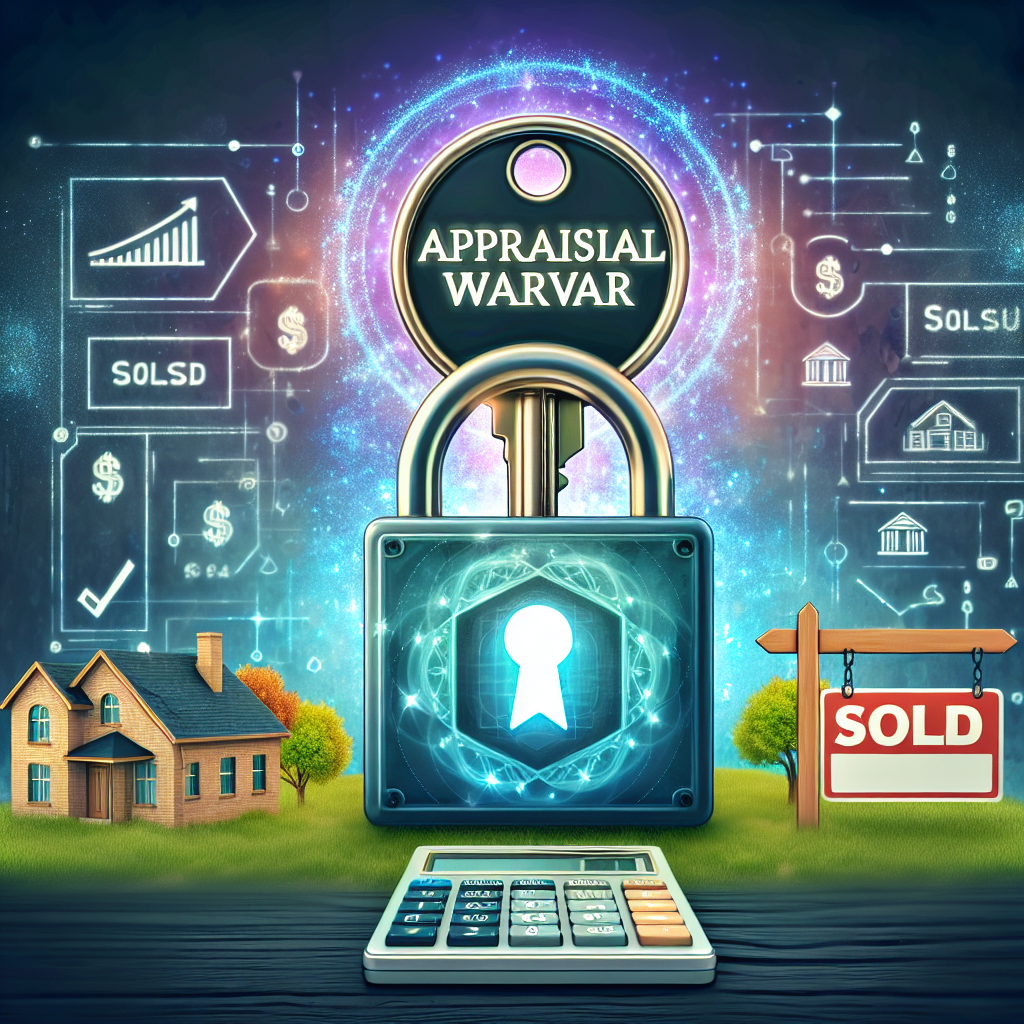
Unlocking the Mystery: What Exactly Is an Appraisal Waiver in Real Estate?
When buying a house, an appraisal is often a pivotal checkpoint—especially if you’re rolling with a mortgage lender, who will almost certainly demand one. Yet, occasionally, lenders might opt to skip this step altogether by granting what’s known as an appraisal waiver. But why do they do this, and is it a savvy move for you, the buyer? Keep reading to uncover the perks and pitfalls tucked inside the world of appraisal waivers.
The Skinny on Appraisal Waivers
Appraisal waivers give certain homebuyers a ticket to bypass the traditional appraisal drill, as long as they tick specific boxes. Instead of sending someone out to eyeball the property, lenders lean on high-tech automated underwriting systems to slap a price tag on the home.
For those lucky enough to snag an appraisal waiver, the upside is clear—skip the cost of a formal appraisal, usually a few hundred bucks, and possibly slice down the time it takes to cross the finish line in your homebuying journey. That said, nothing quite beats a real, hands-on appraisal for accuracy, so ditching it could leave you with sticker shock later if the home’s value was overestimated.
These automated tools really shine when many homes similar to yours are changing hands simultaneously—think: fresh condo developments where dozens of units hit the market all at once. Conversely, in neighborhoods where every house has its quirks and character, these algorithms struggle to nail down an accurate estimate.
What’s Needed to Score an Appraisal Waiver?
To even be in the running, your lender must be plugged into Fannie Mae’s or Freddie Mac’s automated underwriting platforms—known respectively as Desktop Originator and Loan Prospector (recently rebranded). These systems generally exclude certain property types like co-ops or pricier homes exceeding $1 million.
Beyond that, a constellation of other hoops awaits. You’ll usually have to flaunt a robust credit profile and meet lender-specific benchmarks, which can vary widely. Each lender might toss in their own set of rules you have to satisfy before waving that appraisal goodbye.
According to recent housing market data, over 25% of conventional mortgages backed by Fannie Mae and Freddie Mac now utilize appraisal waivers where applicable. This trend has notably accelerated during periods when the market shows strong stability and ample comparable sales data.
The Upsides and Downsides of Passing on a Physical Appraisal
Appraisal waivers come with their own bouquet of advantages and caveats. For starters, here’s why they might charm you:
- Saving some green: Avoid the usual appraisal bill, which hovers around $350, putting more cash in your pocket.
- Speedy settlement: Without waiting on an appraiser’s calendar, the closing timeline often gets a much-needed boost.
- Keeping it low-contact: Although less critical nowadays, the pandemic spotlighted the value of minimizing foot traffic through sellers’ homes—something appraisal waivers naturally facilitate.
Yet, no silver bullet comes without trade-offs. Consider these potential stumbling blocks:
- Things the algorithms miss: Human appraisers bring senses beyond sight and data—they can catch smells, noises, and subtle defects machines overlook. Relying solely on databases and scanned documents risks missing hidden flaws.
- Questionable accuracy: Automated models thrive on fresh, abundant market info. In shaky or rapidly morphing markets, their valuations might wobble, leaving you vulnerable to misjudgments.
- Shelling out too much: If sellers haven’t gotten a recent professional appraisal and the local market’s been heating up, you might pay a premium. Plus, nailing down the right value is crucial for setting appropriate home insurance, avoiding both under and over-insurance.
Final Thoughts
Opting for an appraisal waiver can be a win for some—chopping costs and slashing wait times. But it’s a double-edged sword; risking an imperfect view of your new home’s true worth can lead to headaches down the line. Ultimately, skipping a proper appraisal might save you a few bucks upfront but could turn into a costly gamble later on.